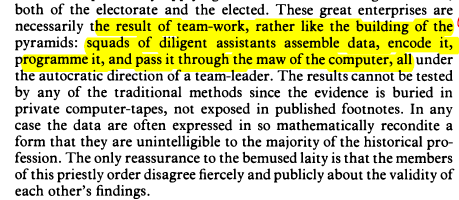Scarfolk and all that Recently, there's been quite a bit of publicity and discussion of the book Discovering Scarfolk by the designer and screenwriter Richard Littler , compiled from his blog http://scarfolk.blogspot.co.uk/. As its blurb says: Scarfolk is a town in North West England that did not progress beyond 1979. Instead, the entire decade of the 1970s loops ad infinitum. Here in Scarfolk, pagan rituals blend seamlessly with science; hauntology is a compulsory subject at school, and everyone must be in bed by 8pm because they are perpetually running a slight fever. "Visit Scarfolk today. Our number one priority is keeping rabies at bay...." Now the first thing that anyone who's got some idea about alternative music and 'hauntology' (I dislike the term) will think is: 'This is like Ghost Box, but taking the pee'. And yes, that's what I think. And I suppose I should lighten up, and appreciate it for what it is - comedy. An am




